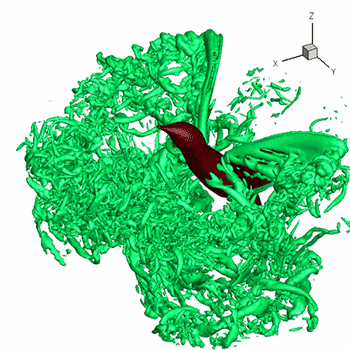If a polynomial function with rational coefficients has the zeros -1+i, sqrt5, what are the additional zeros?
1 Answer
Sep 18, 2016
The additional zeros are
Explanation:
Complex zeros always occur in pairs in the form of complex conjugates
The complex conjugate of
Similarly, zeros containing square roots must also come in pairs. If the polynomial has a zero of
Think about the quadratic formula
If the discriminant
If the discriminant is positive but not a perfect square, there will also be two zeros of the form

